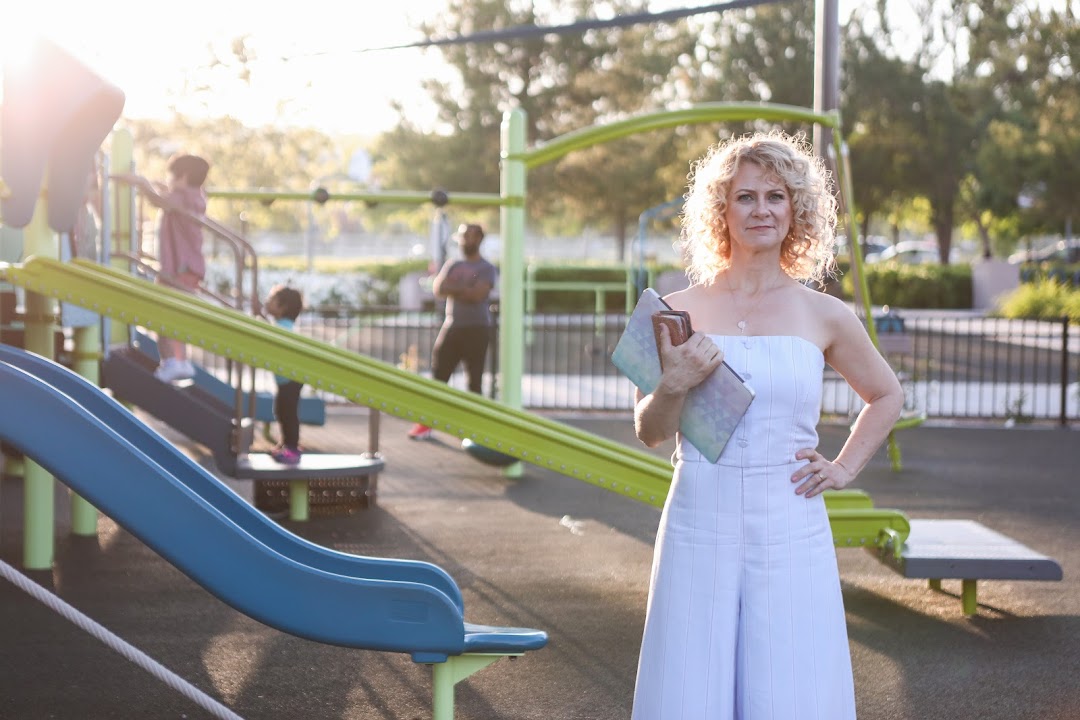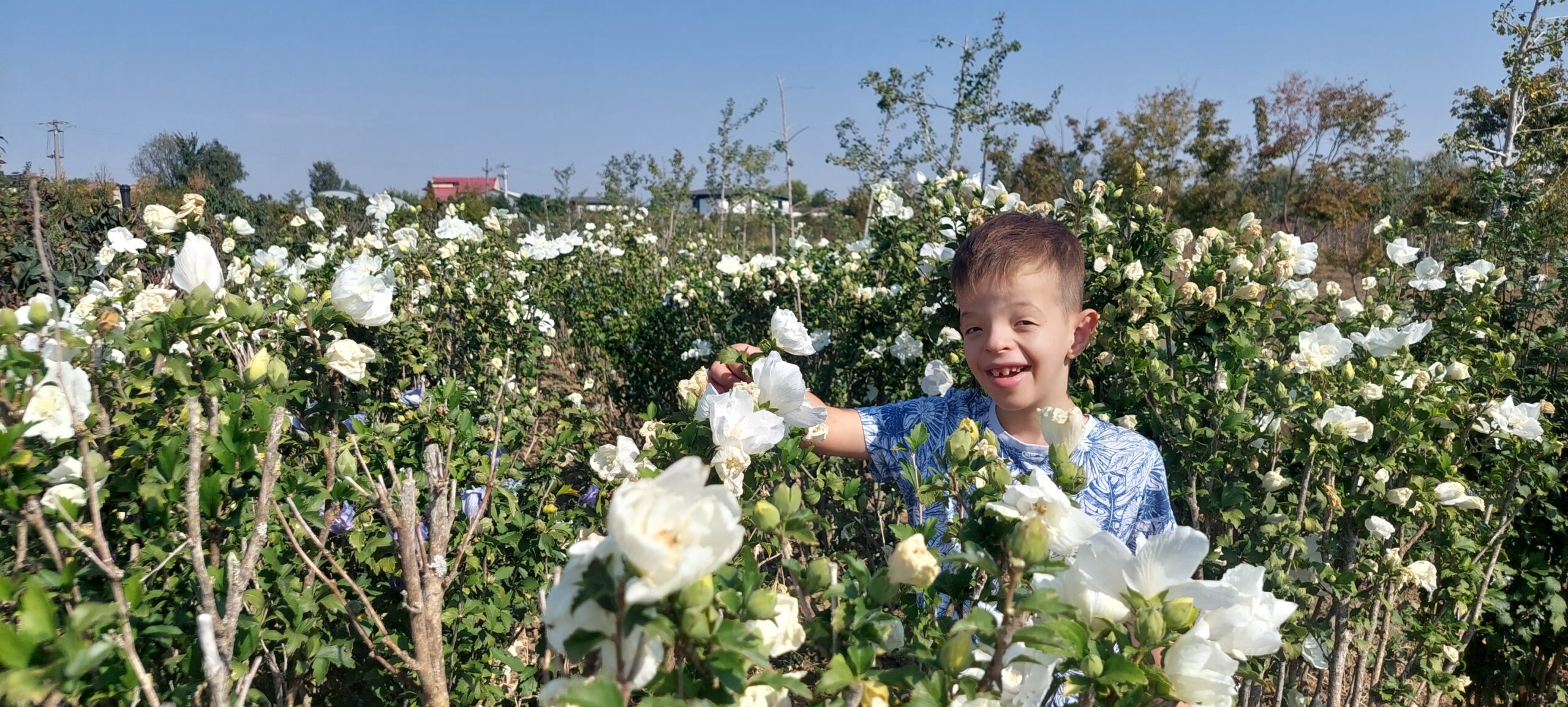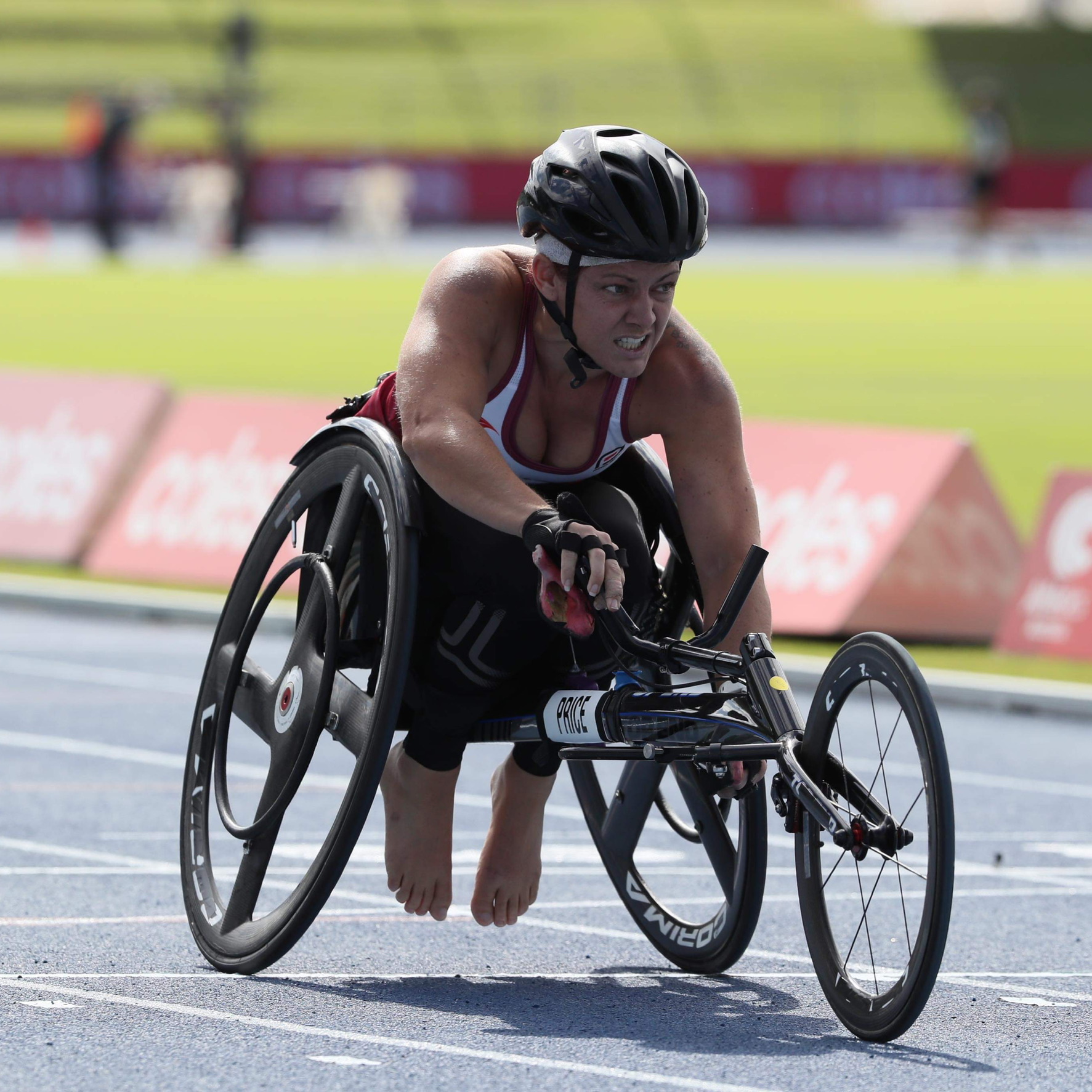A positive outcome of irritable bowel syndrome
For Lottie Drynan, having irritable bowel syndrome (IBS) came with some unexpected turns.
Despite experiencing a host of symptoms that significantly impact her quality of life, Lottie has found huge comfort in her blossoming role as an award-winning IBS patient advocate and educator. As this year’s IBS Awareness Month theme was “educate the public”, This Is MedTech was delighted when she agreed to share her story.
“I started having stomach problems in my late teens. I was feeling bloated, I felt really sick and it was getting progressively worse. I was vomiting after eating and was permanently in pain or bloated every day, and it happened quite suddenly,” she says.
IBS is a disorder in the gut-brain axis – the communication pathway between the gut and the brain – with symptoms including abdominal pain or discomfort, bloating, diarrhoea and constipation that can range from mild to severe. While around 5% of the UK population has IBS according to charity Guts UK, the International Foundation for Gastrointestinal Disorders estimates that 10-15% of the global population suffers from this disorder because many people go undiagnosed.
Indeed, it can be tricky. Lottie explains that doctors often come to a diagnosis by ruling out other conditions with the support of medical technologies. “It took around eight years for me to get diagnosed. The diagnosis for IBS isn’t always that straightforward and for many it can be a long process,” she notes. “I had so many different tests. I had an endoscopy and a gastroscopy to examine my digestive tract and stomach, in addition to multiple blood tests, ultrasounds and a laparoscopy.”
The laparascopy revealed a separate medical condition that her doctors treated, but the scans and other tests showed no other internal issues. Doctors concluded that Lottie had IBS. It was a relief, but she was also left wondering what to do next.
“It’s always positioned as it’s ‘just IBS’ and I thought, well surely it can’t be ‘just IBS’, because I’ve been in pain and going through this for so long,” she comments. “It was quite daunting because besides getting some dietary advice, there was no other treatment offered.”
That prompted Lottie to start educating herself about the brain-gut axis and the things besides food that can potentially trigger IBS flares, like stress and poor sleep. She started a blog where she shared her story, recipes and tips for living with IBS, and this grew into a large support community. “It’s really nice to feel part of something and to know that sharing my story helps other people.”
She urges people who think they might have IBS to see their GP straight away before cutting out any foods, so that they can test for things like coeliac disease and inflammatory bowel disease. “I think it’s important to do your research and understand what it potentially is, so you can ask your doctor for other tests to rule things out,” Lottie adds.
She’s learned a lot on this journey and feels grateful for the tests she was able to have. “Although it was a long process, I was lucky enough to have things ruled out, which really put my mind at ease.”






